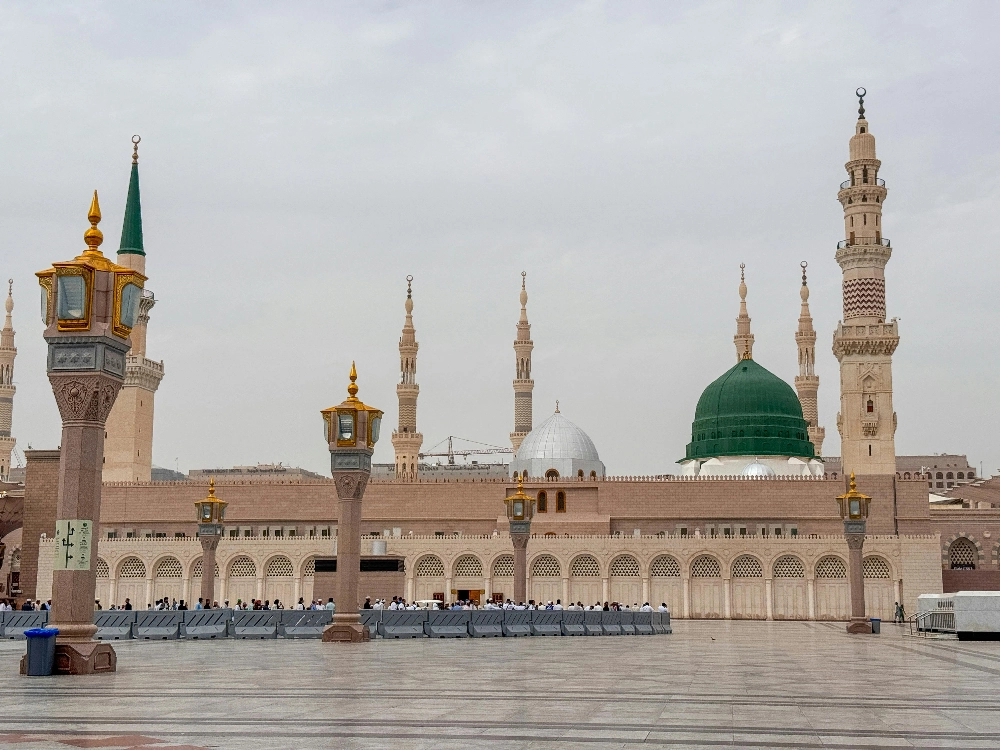Our Guiding Principles: Seeking Spiritual Excellence
(Ihsaan, Tazkiyah, Takmeel, and the Legacy of the Awliya)
Spiritual excellence (Ihsaan) is not merely a state of worship, but the essence of existence: to live every breath as if standing before Allah ﷻ. It is the sacred journey from Tazkiyah (purification) to Takmeel (completion in unconditional ‘Ubūdiyyah) — a path walked by the Anbiya, upheld by the Khulafa-e-Rashideen, and carried forward by the Awliya Allah. This path is neither innovation nor abstraction — it is Deen in its most radiant and complete form, internalized and lived. Its roots are deep in Sharī‘ah, and its fruits are found in Ma‘rifah (divine gnosis).
وَمَا خَلَقْتُ الْجِنَّ وَالْإِنسَ إِلَّا لِيَعْبُدُونِ
“And I created the jinn and mankind only to worship me."
1. Guarding the Heart (Qalb) and Walking the Path of Servitude (Bandagi)
The Qalb, the spiritual heart, is the center of our inner perception and connection to the Divine. It must be guarded with great care. This means protecting it from both major and minor sins (Kabā’ir and Saghā’ir), from the shadows of heedlessness, and from ideologies that pull us away from the Straight Path (Sirat al-Mustaqeem). A heart that becomes tainted loses its ability to reflect the divine light of Allah ﷻ.
Preserving the purity of the Qalb is deeply tied to the very reason we exist: ‘Ubūdiyyah — complete and sincere servitude to Allah ﷻ. Real success isn’t measured by status or worldly accomplishments, but by how truly one lives as ‘Abdullah — a devoted servant of the Divine.
In light of this, every structure in our lives — whether it’s family life, the economy (Nizaam-e-Ma‘aash), the justice system (Nizaam-e-‘Adl), or governance (Nizaam-e-Hukumat) — must be aligned with this higher purpose of worship and obedience. Embracing systems that stand in opposition to the clear guidance of the Qur’an and Sunnah leads to an internal collapse (kasrat) — a break within the Qalb that clouds its clarity and distances it from Allah’s light.
قَدْ أَفْلَحَ مَن زَكَّاهَا. وَقَدْ خَابَ مَن دَسَّاهَا
“He has succeeded who purifies it (the soul), and he has failed who corrupts it.” (91:9-10)

2. Khatm-e-Nubuwwat & Hujjiyat-e-Sahaba
The finality of Prophethood (Khatm-e-Nubuwwat) signifies the perfection of guidance. After the Prophet ﷺ, the Sahaba (radiyAllahu ‘anhum) are the living standard of implementation. Their path, their sacrifices, and their justice are the blueprint of any righteous system. Hujjiyat-e-Sahaba is the affirmation that no understanding of Islam is complete without their lens.
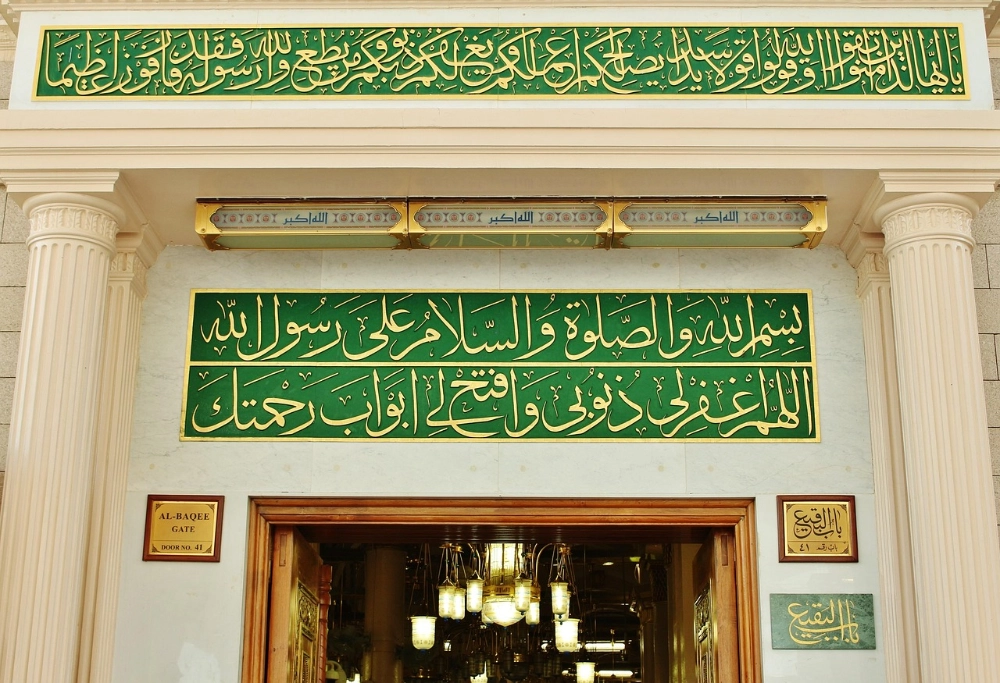
3. Legacy of the Awliya: The Sword of Sidq
The Awliya Allah did not merely sit in solitude; their knowledge brought barakah (divine blessing) to lands, and their sidq (truthfulness) uplifted entire civilizations. Some carried the sword, others the pen, but all carried the light of sincerity and submission. The denial of their role is a betrayal of history.
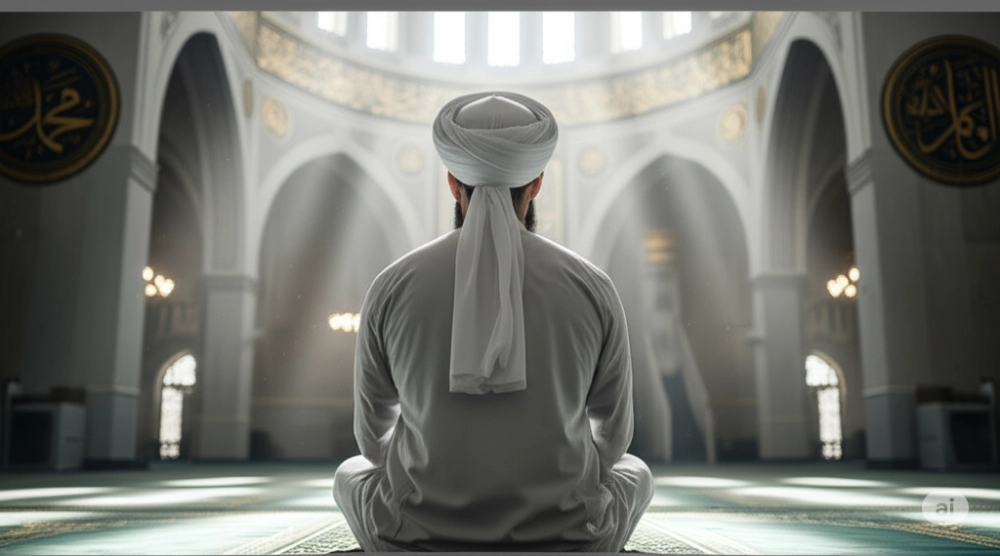
4. Tazkiyah and Takmeel: The Inward Migration
This is a path of internal jihad, the striving against the nafs, the veils of ghaflah (heedlessness), the diseases of riya (showing off), kibr (arrogance), and hubb-e-dunya (love of the world). The journey is one of deep self-accountability, muhasabah, and constant remembrance (zikr), until the heart is cleansed to reflect the Nur of Allah ﷻ.

5. Ihsaan in Action: Worship, Character, and Society
True Ihsaan manifests as:
Excellence in ‘Ibadah – Prayers filled with presence (huzoor) and sincerity (ikhlaas).
Adab and Akhlaaq – Humility, gentleness, and truth in dealings.
Mu‘asharah and Mu‘amalat – A society built on mercy, justice, and shari‘ah.
Taqwa – A constant inward awareness of Allah ﷻ in every moment.
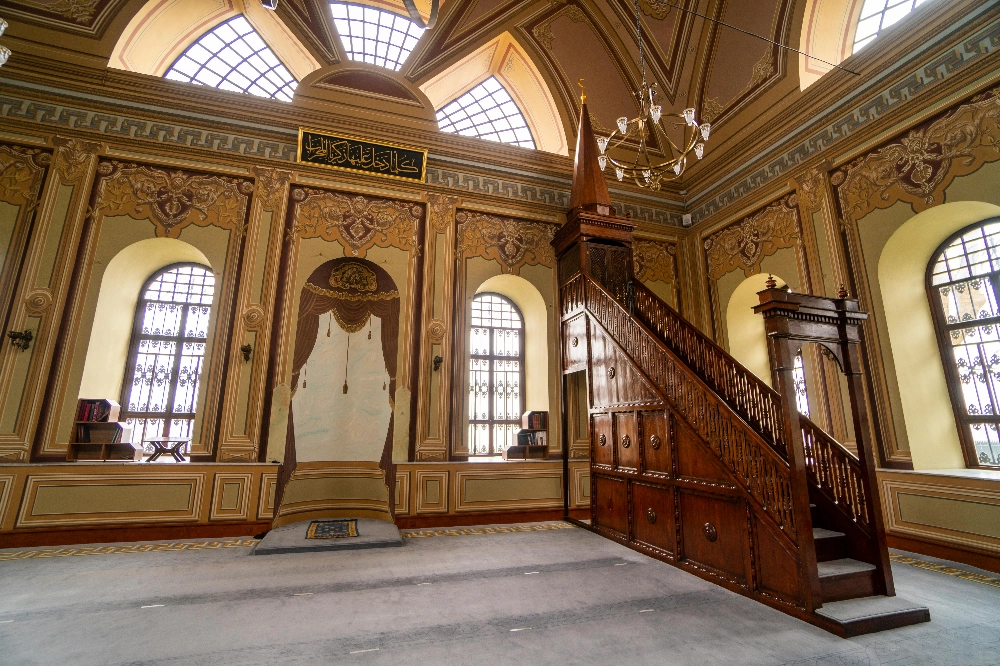
6. Suhbah and Nisbat (Spiritual Company and Connection)
No one ascends alone. The guidance of a Murshid Kamil (realized guide), in a chain (Silsilah) going back to Rasoolullah ﷺ, is a mercy and necessity. This nisbat (connection) brings barakah, direction, and subtle transformation. Suhbah polishes the mirror of the heart.
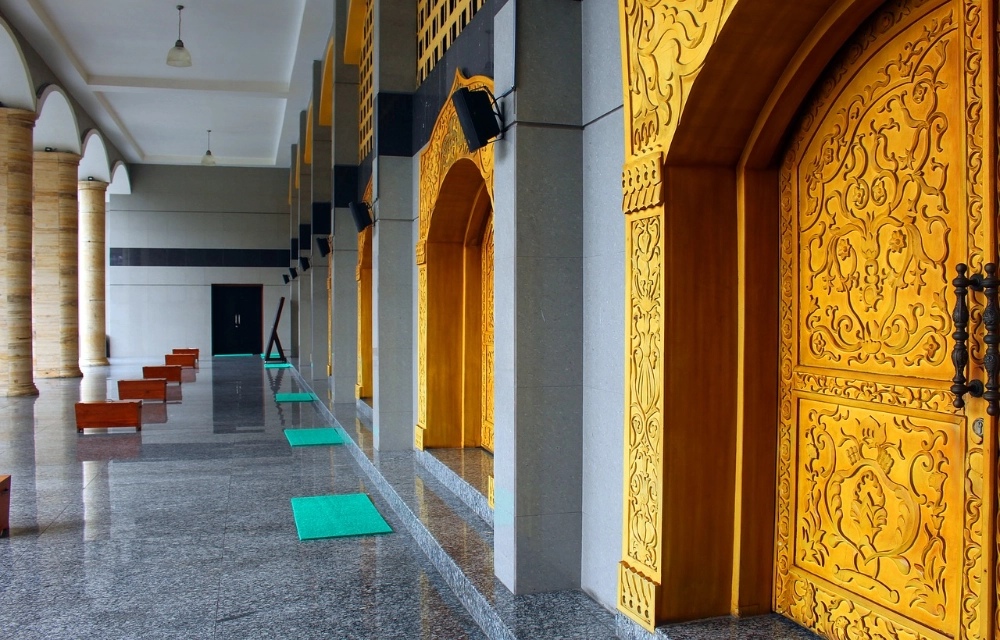
7. The Blessings of the Spiritual Lineage
The spiritual lineage, reaching back to the Rasool ﷺ and most illuminated figures of our tradition and extending to our guiding Shaykh, carries a profound barakah – a source of divine blessings and transformative power. This unbroken connection has historically been instrumental in reviving hearts, reforming communities, and guiding salikeen towards righteousness. It is through this very silsilah that the nur (divine light) and sirr (spiritual secrets) of this sacred path continue to flow, illuminating the way for seekers today under the guidance of our Shaykh Hazrat Adqas Muhammad Masil Ghaznavi Damatbarkatuhum.

8. Amr bil Ma‘roof & Nahi ‘anil Munkar
Reformation begins within — but does not stop there. The purified soul becomes a mirror to society. Commanding good and forbidding evil becomes a natural extension of one’s state. It is not an act of judgment, but of mercy.

9. Reclaiming the Systems of Life for Deen
Separating Deen from daily systems is secularism in disguise. Tasawwuf calls not for withdrawal but for transformation — of the self and society. Every believer is duty-bound to revive the Nizaam of Qur’an and Sunnah in all spheres of life, leading with divine guidance rather than following worldly darkness.
كُنۡتُمۡ خَيۡرَ اُمَّةٍ اُخۡرِجَتۡ لِلنَّاسِ تَاۡمُرُوۡنَ بِالۡمَعۡرُوۡفِ وَتَنۡهَوۡنَ عَنِ الۡمُنۡكَرِ وَتُؤۡمِنُوۡنَ بِاللّٰهِؕ
You are the best community ever raised for humanity—you encourage good, forbid evil, and believe in Allah. (3:110)
“You are the best community raised for mankind: you enjoin what is right, forbid what is wrong, and believe in Allah.”
People of excellence — in Aqaid (beliefs), A‘maal (actions), and the embodiment of Islam — must rise in their respective roles to carry the light of Deen and guide the Ummah.
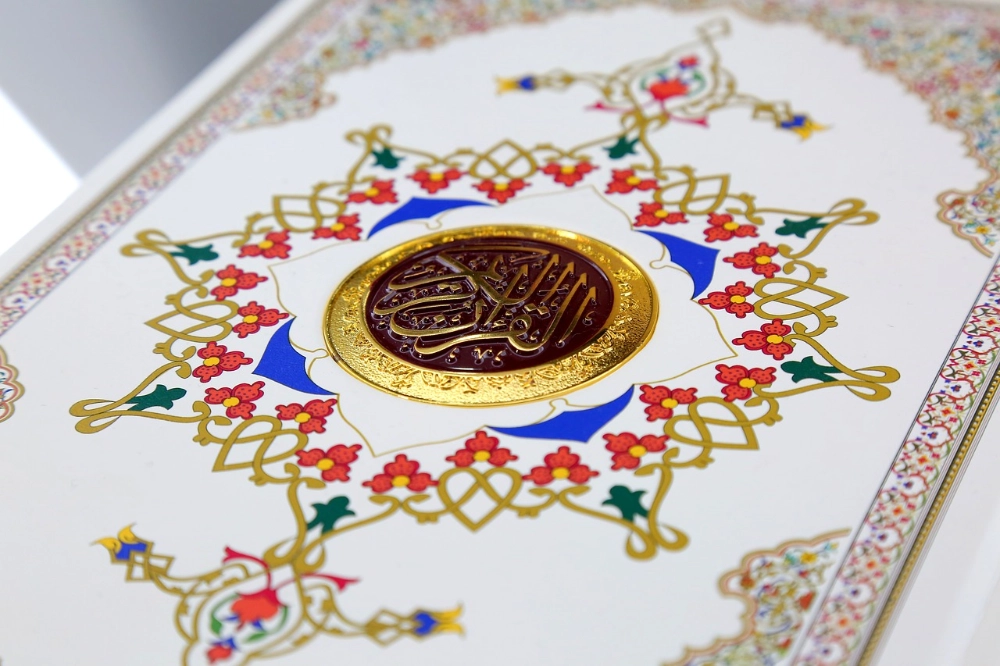
10. Conclusion: A Call to True Spiritual Nobility
This path is a journey of hearts — from nafs to ruh, from ghaflah to hudur, from dunya to Allah ﷻ.
It is the legacy of the Ambiya, Khulafa, and Awliya — the path of light, truth, and unconditional bandagi.
